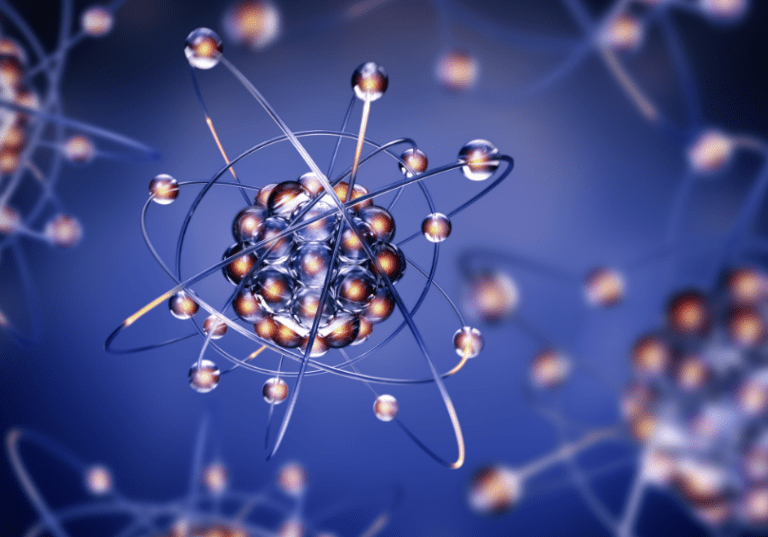How Do Alcohol Blackouts Lead to Personality Changes?
Alcohol blackouts and their association with personality changes represent a complex relationship between the effects of alcohol consumption on the brain and the implications on personality. By understanding how alcohol blackouts can lead to personality changes, individuals can prevent dangerous and permanent changes to their brain.
In this article, we will discuss what alcohol blackouts are, what happens to the brain during a blackout, how alcohol can lead to personality changes, and the impact of binge drinking.
What Are Alcohol Blackouts?
Alcohol blackouts, also known as alcohol-induced amnesia, are periods of time during which an individual who has been drinking heavily or excessively cannot remember what happened.
These memory gaps can range from a few minutes to several hours or even an entire evening. During an alcohol blackout, individuals may engage in various activities, have conversations, and make decisions, but when they sober up, they have no recollection of those events.
Currently, we know of two different types of blackouts. These are known as en bloc blackouts and fragmentary blackouts.
- En Bloc Blackouts: During en bloc blackouts, individuals experience a complete loss of memory for events that occurred during a certain period of heavy drinking. They may have no memory of anything that happened during that time.
- Fragmentary Blackouts: Fragmentary blackouts are partial memory lapses. In these instances, individuals may remember bits and pieces of what occurred but have significant gaps in their memory.
Read More: Most Dangerous Types of Alcohol

What Happens to Your Brain During a Blackout?
During an alcohol blackout, the brain undergoes significant changes in its normal functioning due to the effects of excessive alcohol consumption. Some of the things that can happen to your brain during an alcohol blackout include:
- Impaired Memory Formation: The hippocampus, a region in the brain crucial for memory formation, is particularly affected by alcohol. Excessive alcohol consumption disrupts the functioning of the hippocampus, making it difficult for the brain to create and store new memories. As a result, the events that occur during a blackout are not stored in long-term memory, leading to memory loss.
- Impaired Communication Between Neurons: Alcohol’s effects on the brain extend beyond memory formation. It disrupts the normal communication between neurons by affecting neurotransmitters, which can lead to confusion, impaired coordination, and poor decision-making.
- Altered GABA Activity: Alcohol enhances the activity of gamma-aminobutyric acid (GABA), another neurotransmitter that contributes to brain function. This results in the sedative and relaxing effects of alcohol. However, an excessive increase in GABA activity can lead to cognitive impairments, including memory deficits.
While alcohol blackouts primarily affect an individual’s mental health, it can also cause various physical side effects. These physical side effects may result from the behaviors and actions individuals engage in during a blackout.
Common physical side effects of alcohol blackouts include vomiting, seizures, loss of consciousness, slowed breathing, dehydration, and various injuries or accidents that may occur.
Can Alcohol Change Your Personality?
Yes, alcohol can change your personality. The extent of alcohol-induced personality changes depends on multiple factors. The amount of alcohol consumed is significant as moderate doses can lead to subtle enhancements in sociability and confidence, but heavy drinking results in mood swings and impulsivity, sometimes even aggression.
Individual differences, including genetics, metabolism, and body composition, also play a role. Some individuals may be more sensitive to small amounts of alcohol, while others require higher doses for noticeable changes.
The speed of alcohol consumption matters, with rapid intake causing a swift and intense shift in personality. These immediate effects can include increased sociability followed by irritability, and long-term drinking may lead to personality changes and potential addiction.
Alcohol’s impact on inhibitions makes people less reserved, affecting personality both positively and negatively, but ultimately causing damage to individuals.
Learn More: Mood vs. Personality Disorders: What You Need to Know

Signs Alcohol Is Causing Personality Changes
Personality changes due to alcohol can vary from subtle to severe, depending on how often and how much an individual drinks. Even those who seem to manage their alcohol consumption well may experience internal struggles and negative effects. Some of the signs that alcohol is causing personality changes in an individual include:
- Engaging in other addictive behaviors like overeating, compulsive shopping, or gambling.
- Struggling to control emotions and experiencing mood swings
- Neglecting responsibilities
- Experiencing high levels of stress
- Engaging in self-harm or having thoughts of self-harm or suicide
- Lack of motivation
- Feeling a lack of pleasure in activities
- Irritability or aggressive behavior
The Role of Binge Drinking in Alcohol Blackouts
Binge drinking plays a significant role in the appearance of alcohol blackouts. Binge drinking is a pattern of alcohol consumption characterized by consuming a large amount of alcohol in a relatively short period of time, resulting in elevated blood alcohol levels.
This increase in an individual’s blood alcohol concentration (BAC) overwhelms the brain’s memory-forming capacity, particularly in the hippocampus, causing impaired memory formation and leading to memory gaps or complete blackouts during alcohol consumption.
Additionally, binge drinking often results in the loss of inhibitions, impaired judgment, and the potential for risky behaviors during blackouts, such as unprotected sex or drunk driving.
Prolonged binge drinking further increase the risk of extended blackouts as the brain’s memory-forming capacity deteriorates. As the function of the brain decreases, the risk for addiction and personality changes increases.
Continue Reading: When Does Casual Drinking Translate Into Alcohol Use Disorder?

Alcohol Addiction Treatment at Oasis Recovery Center
If you or a loved one are constantly experiencing alcohol blackouts, you may have developed an alcohol addiction.
As seen above, these blackouts result in personality changes and other heath risks, showing how important it is to receive help for the addiction.
At Oasis Recovery Center, we provide holistic, personalized, and dynamic addiction treatment services to those suffering from substance abuse. With our treatment programs, we offer various therapies and options for our clients to ensure we can meet their every need. Through our treatment center, individuals can receive the proper treatment and begin to heal their mind, body, and soul with us.
Contact us today to learn more about our treatment programs and how we can help you being your path to sobriety.









